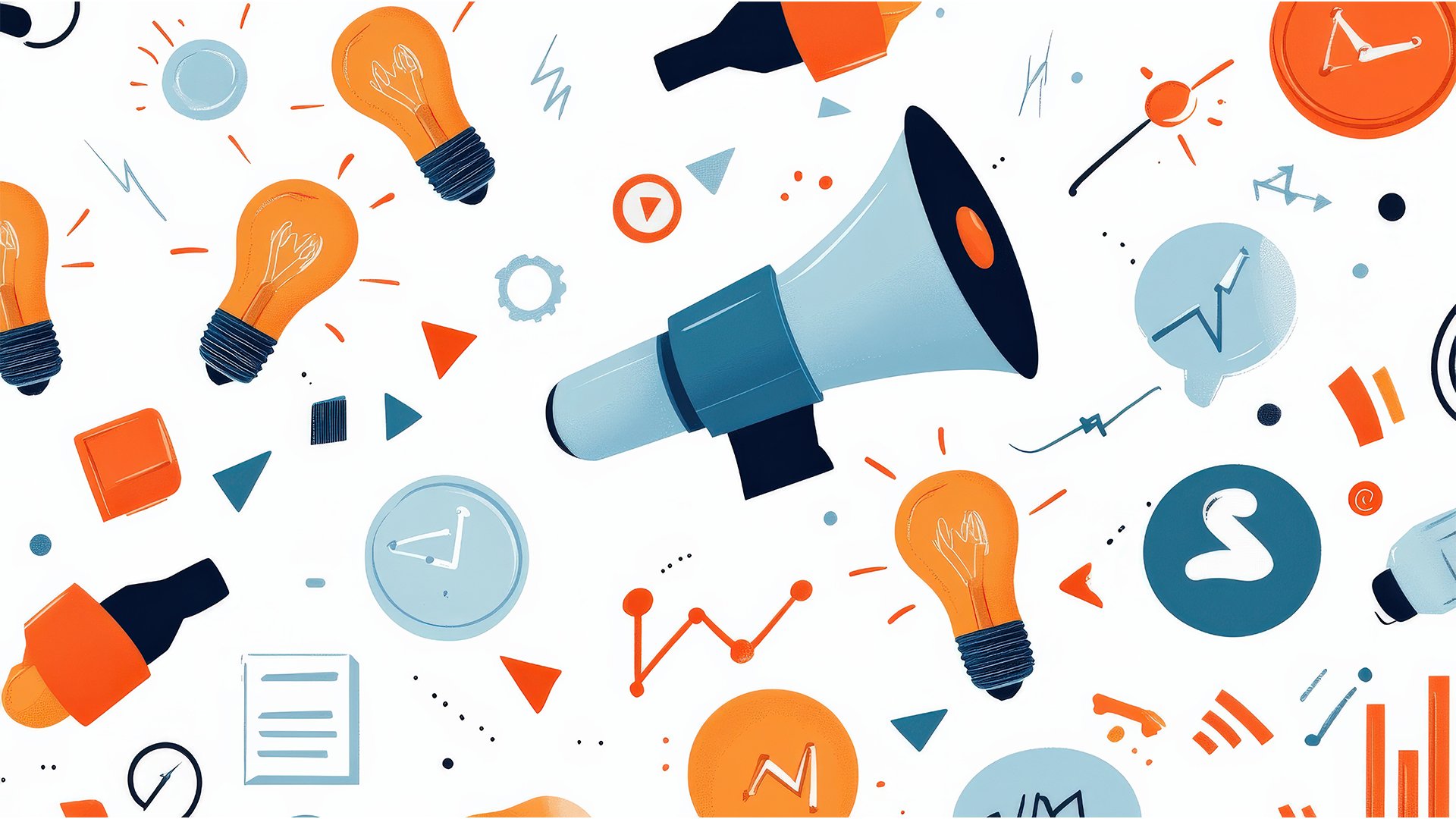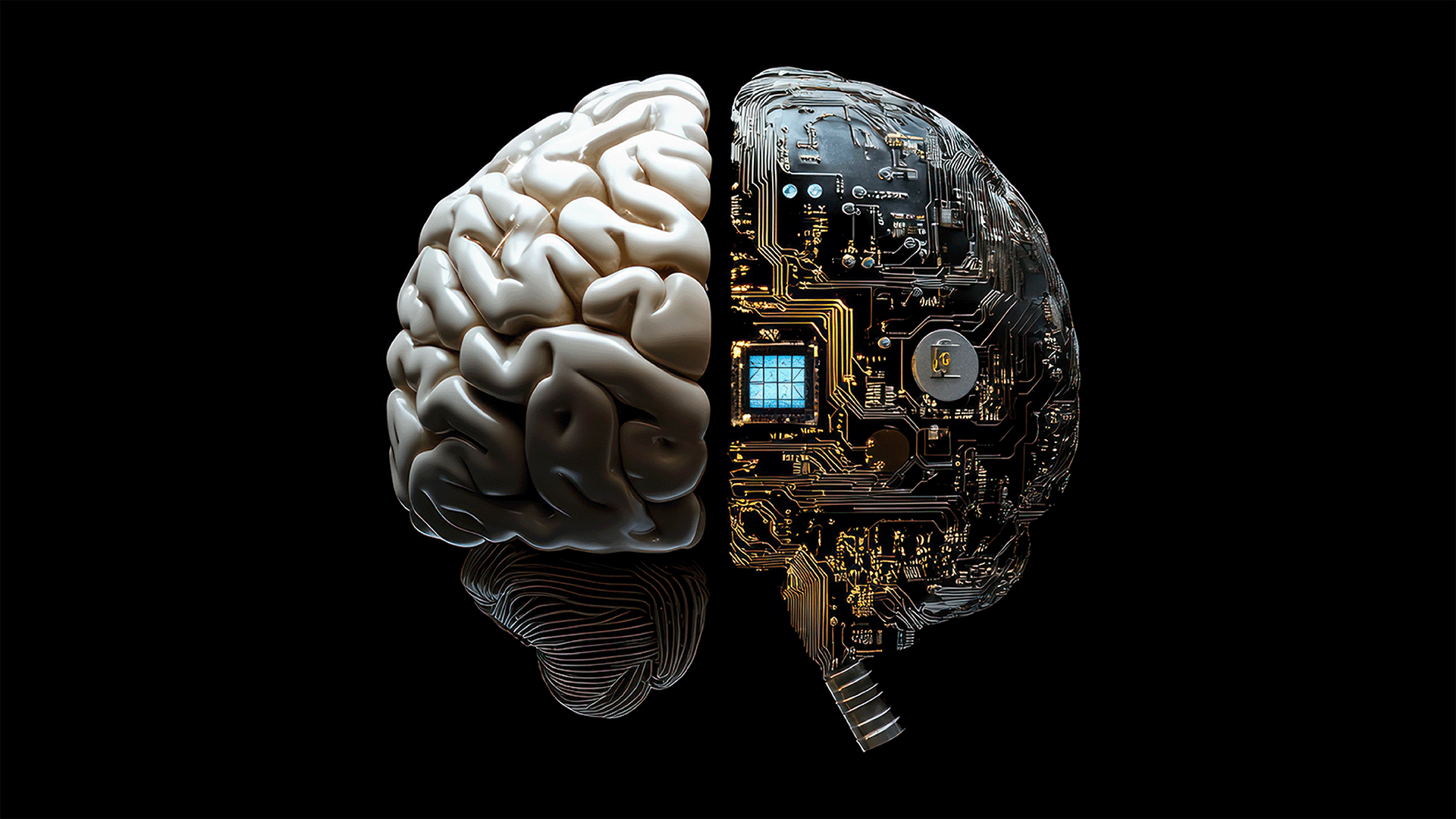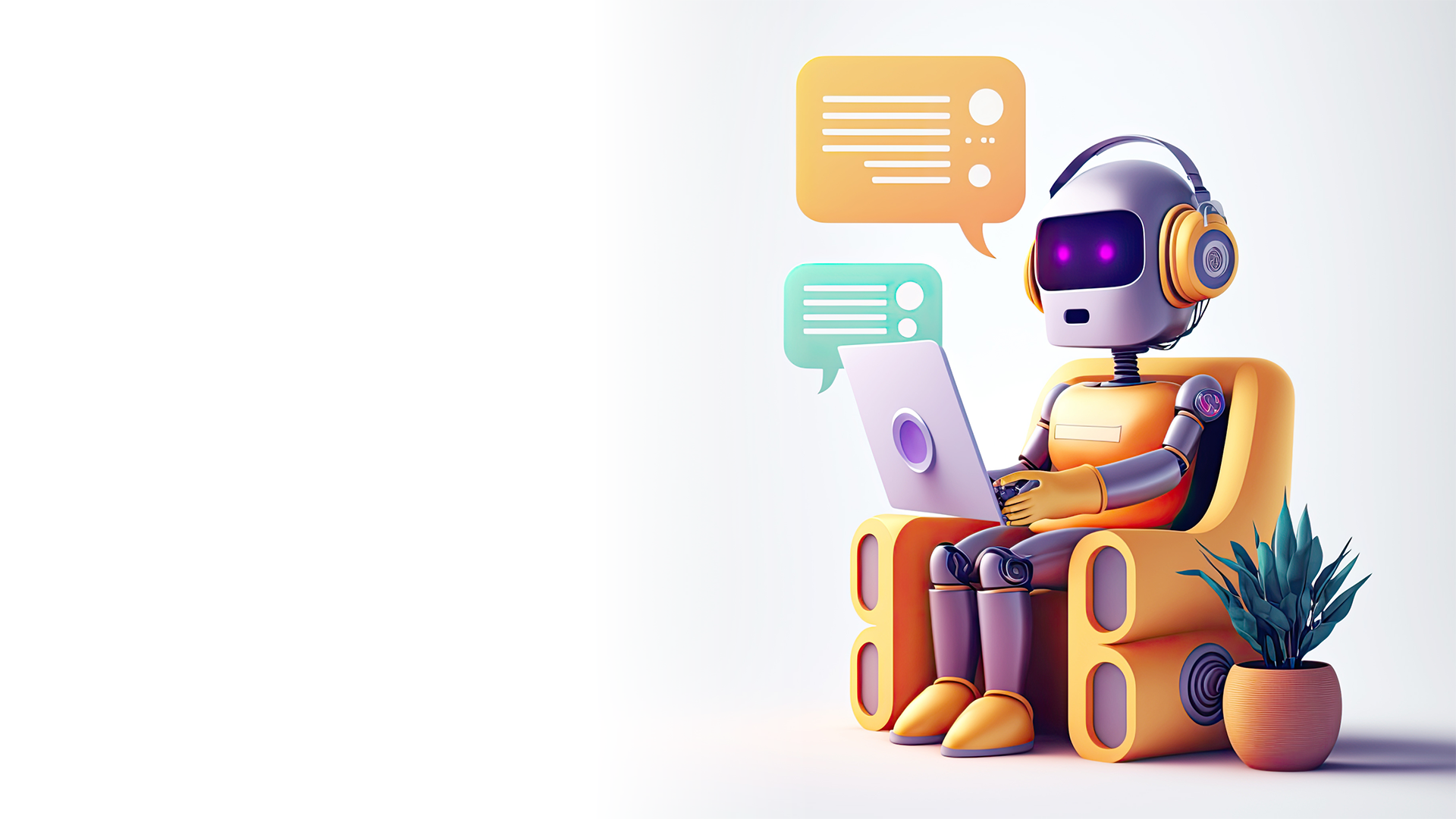The future of artificial intelligence (AI) promises a paradigm shift that will revolutionise nearly every aspect of our lives. With almost continual rapid advancements, AI is poised to transform industries, reshape economies, and redefine human interaction on a global scale.
However, the rise of AI also brings forth profound challenges and ethical considerations. As AI systems become increasingly sophisticated, questions of accountability, transparency, and fairness come to the forefront. Concerns about bias, privacy, and the potential for job displacement raise important discussions about the social and economic impact of AI on individuals and communities.
With this in mind, the main question is - what does the future of AI actually hold? We can speculate and predict, but how do we know what we’re getting into?
We’ve pulled together some quotes and insights from experts who can provide us with some insight.
The experts of the past predict our present
“The Three Laws of Robotics:
1: A robot may not injure a human being or, through inaction, allow a human being to come to harm;
2: A robot must obey the orders given it by human beings except where such orders would conflict with the First Law;
3: A robot must protect its own existence as long as such protection does not conflict with the First or Second Law;
The Zeroth Law: A robot may not harm humanity, or, by inaction, allow humanity to come to harm.”
-Isaac Asimov, Sci-fi pioneer and scientist
“It seems probable that once the machine thinking method had started, it would not take long to outstrip our feeble powers… They would be able to converse with each other to sharpen their wits. At some stage, therefore, we should have to expect the machines to take control.”
Alan Turing
Father of modern computer science

“The Analytical Engine has no pretensions whatever to originate anything. It can do whatever we know how to order it to perform. It can follow analysis, but it has no power of anticipating any … relations or truths. Its province is to assist us in making available what we are already acquainted with.”
Ada Lovelace
World’s first computer programmer
AI as a Revolution
“We're making this analogy that AI is the new electricity. Electricity transformed industries: agriculture, transportation, communication, manufacturing. Just as electricity transformed almost everything 100 years ago, today I actually have a hard time thinking of an industry that I don’t think AI will transform in the next several years.
It is difficult to think of a major industry that AI will not transform. This includes healthcare, education, transportation, retail, communications, and agriculture. There are surprisingly clear paths for AI to make a big difference in all of these industries."
Andrew Ng
Cofounder and Head of Google Brain

“Everything that civilisation has to offer is a product of human intelligence; we cannot predict what we might achieve when this intelligence is magnified by the tools that AI may provide, but the eradication of war, disease, and poverty would be high on anyone’s list. Success in creating AI would be the biggest event in human history. Unfortunately, it might also be the last.”
Stephen Hawking
Theoretical physicist and author
"We see incredible opportunity to solve some of the biggest social challenges we have by combining high-performance computing and AI - such as climate change and more."
Lisa Su
President and CEO at Advanced Micro Devices

"By the time we get to the 2040s, we'll be able to multiply human intelligence a billionfold. That will be a profound change that's singular in nature.
Computers are going to keep getting smaller and smaller. Ultimately, they will go inside our bodies and brains and make us healthier, make us smarter. We'll be online all the time. Search engines won't wait to be asked."
Ray Kurzweil
Computer scientist and futurist
Considerations for a Successful AI Future
“I am often asked what the future holds for Emotion AI, and my answer is simple: it will be ubiquitous, engrained in the technologies we use every day, running in the background, making our tech interactions more personalized, relevant, authentic and interactive.
By humanizing technology, we have this golden opportunity to reimagine how we connect with machines, and therefore, how we, as human beings, connect with one another.
We need to build EQ in our AI systems because otherwise, they’re not going to be as effective as they were designed to be.”
Rana el Kaliouby
AI thought leader and machine-learning scientist
“If you look down the road, then it’s so powerful that companies have to employ their own ethical decisions. Regulation will have a difficult time staying even with the progress on this because it’s moving so quickly. So, I think it’s incumbent on companies as well to regulate themselves.”
We view AI as huge and we'll continue weaving it in our products on a very thoughtful basis."
Tim Cook
Managing Director of Apple
“I often tell my students not to be misled by the name ‘artificial intelligence’ – there is nothing artificial about it. AI is made by humans, intended to behave by humans, and, ultimately, to impact humans’ lives and human society.
As an educator, as a woman, as a woman of colour, as a mother, I’m increasingly worried. AI is about to make the biggest changes to humanity, and we’re missing a whole generation of diverse technologists and leaders.
If we don’t get women and people of colour at the table — real technologists doing the real work — we will bias systems. Trying to reverse that a decade or two from now will be so much more difficult, if not close to impossible."
Fei-Fei Li
Co-Director of the Stanford Institute for Human-Centered Artificial Intelligence and Professor
“We need to be vigilant about how we design and train these machine-learning systems, or we will see ingrained forms of bias built into the artificial intelligence of the future. Only by developing a deeper understanding of AI systems as they act in the world can we ensure that this new infrastructure never turns toxic.
These systems “learn” from social data that reflects human history, with all its biases and prejudices intact.
Algorithms can unintentionally boost those biases, as many computer scientists have shown.
It’s a minor issue when it comes to targeted Instagram advertising but a far more serious one if AI is deciding who gets a job, what political news you read or who gets out of jail.
Only by developing a deeper understanding of AI systems as they act in the world can we ensure that this new infrastructure never turns toxic.”
Kate Crawford
Writer, composer, producer and academic
Cause for Concern?
“When combined with the rapidly improving ability to distort or misrepresent reality with deep fakes, AI-driven information systems may further undermine democracy by causing a general breakdown in trust or by driving social division and conflict, with ensuing public health impacts.
Furthermore, we do not know how society will respond psychologically and emotionally to a world where work is unavailable or unnecessary, nor are we thinking much about the policies and strategies that would be needed to break the association between unemployment and ill health”
Experts for BMJ Global Health

“My worry is that it will [make] the rich richer and the poor poorer. As you do that ... society gets more violent,” Hinton said. “This technology, which ought to be wonderful ... is being developed in a society that is not designed to use it for everybody’s good.
This stage of [AI] was not foreseeable. And until very recently I thought this existential crisis was a long way off…I think we should continue to develop it because it could do wonderful things. But we should put equal effort into mitigating or preventing the possible bad consequences.
I think it’s quite conceivable that humanity is just a passing phase in the evolution of intelligence.”
Geoffrey Hinton
Godfather of AI
Ai is inevitable and could bring about genuine and lasting change. However, even the experts realise that it needs to be handled with care and intent. For more about the ethics of AI, you can check out our recent blog.
Implementing a successful AI strategy relies on analysing vast amounts of data. Try Hurree today for free, and see for yourself how you can use our dashboards to display all the data you need.
Share this
You May Also Like
These Related Stories

Nudgetech: The Silent Force Behind High-Performing Leaders

Why 55% of COOs Are Betting on AI and How to Get It Right



